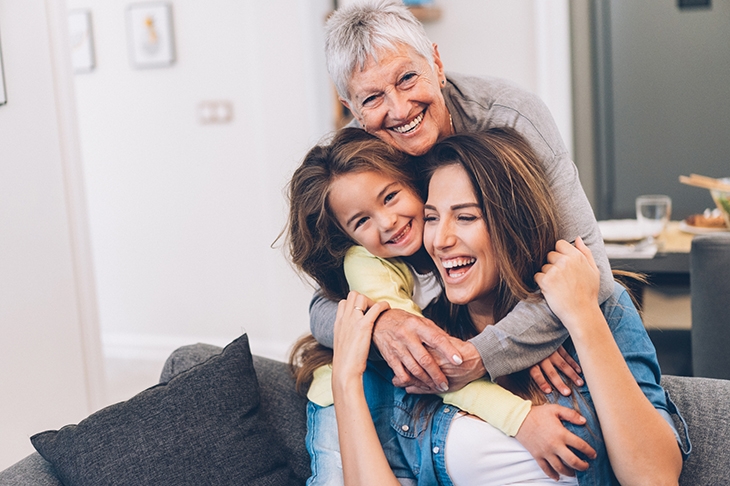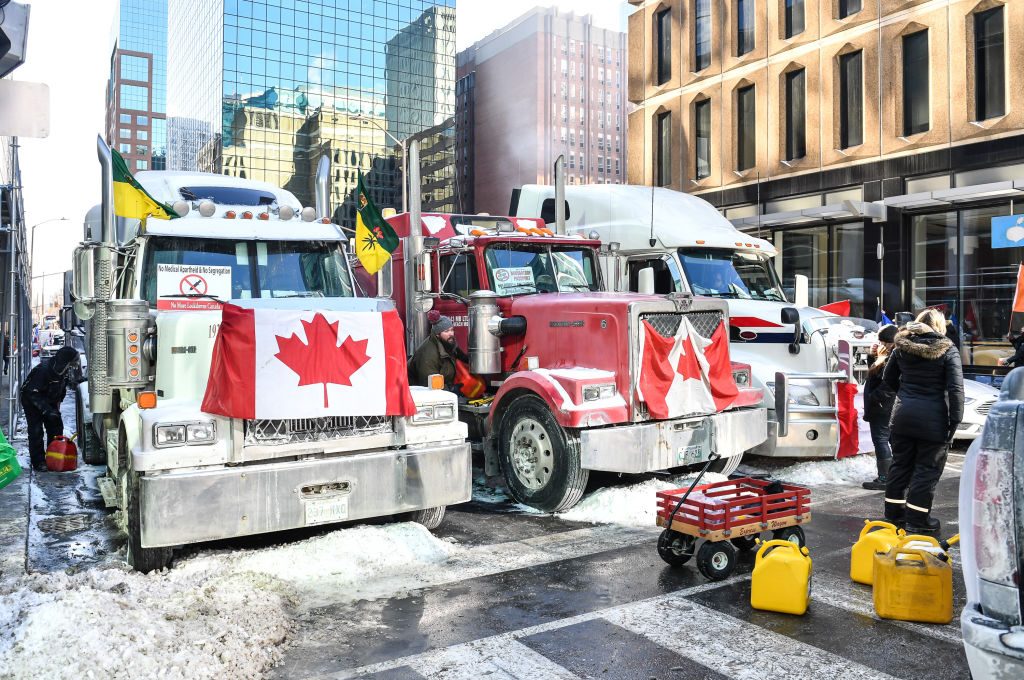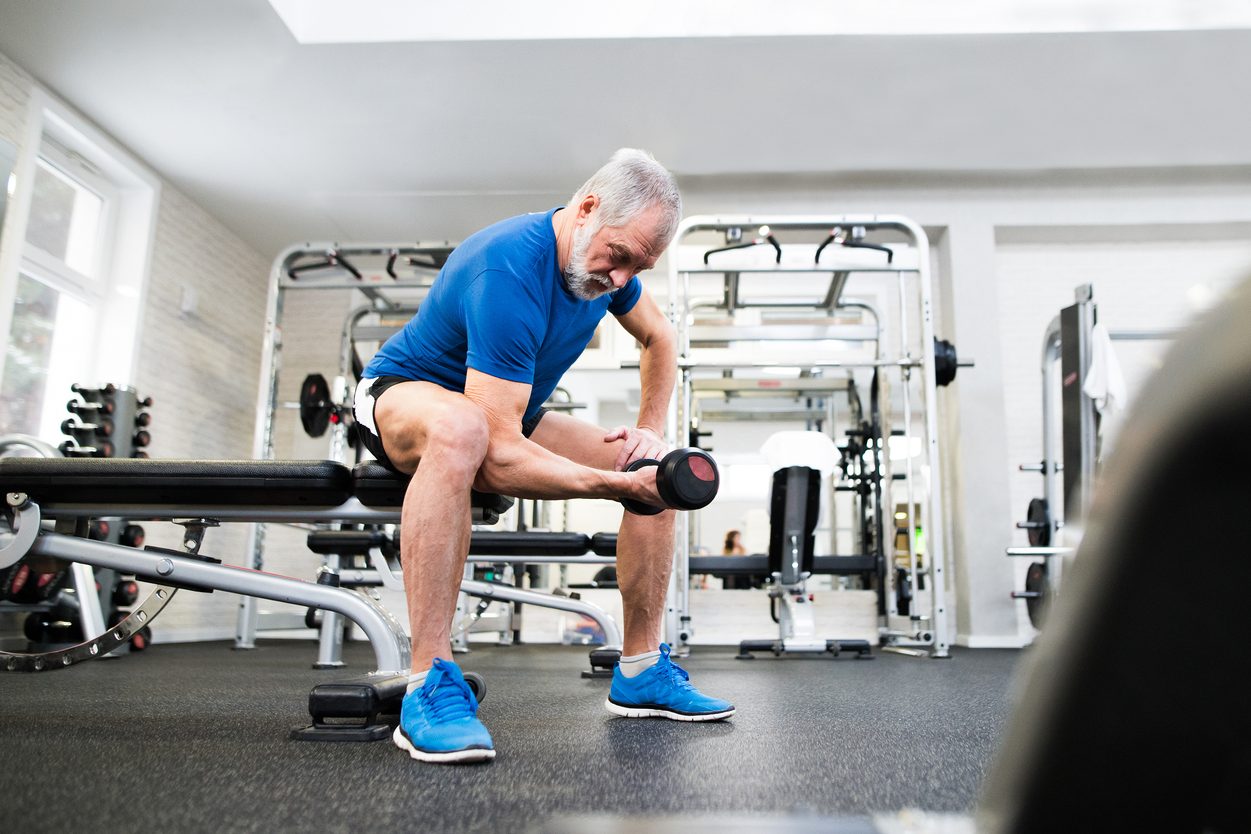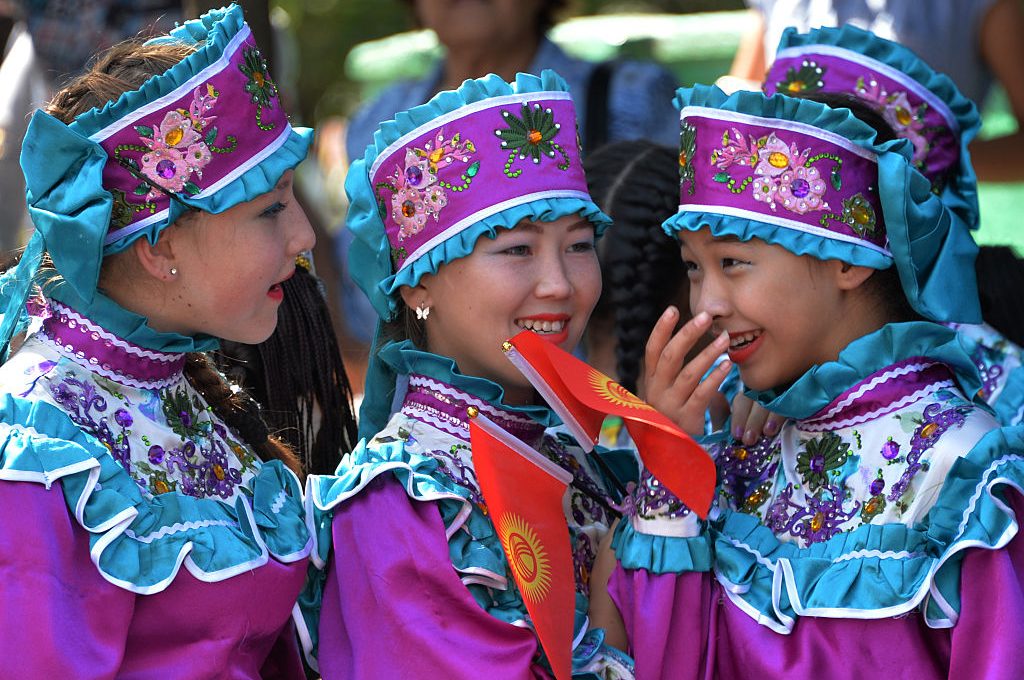When I told my seven-year-old granddaughter, over Zoom, how much I missed being with her, I added: ‘Maybe it won’t be much longer before I can see you.’ But she said that it would be some time, as ‘the government are going to stop old people seeing anyone because of the virus’. Asked what was meant by ‘old people’, she said: ‘I think anybody more than 54.’ Clearly some misunderstanding. At nearly 25 years beyond 54, I am correctly classed as old; some days I feel it, most days I don’t, but I am well, have most of my marbles and am working hard. Age is just a number.
Except that it isn’t. Those of us over 70 are more likely both to catch COVID-19 and die of it, so although the Health Secretary has corrected the fake news that we must be locked down for the rest of our lives, we will have to be pretty careful. The National Health Service already spends a disproportionate amount of its resources on keeping us going, so the last thing it needs is more requiring hospital treatment because they have defied the rules. Of course I will die in the next 20-odd years, but I will try hard not to do it from COVID-19, a nasty way to go.
There is sometimes argument about whether doctors should make the best of their funds by reserving radical and expensive life-saving treatments for younger patients. Well, of course they should. Palliative care, making a person as comfortable as possible and giving adequate pain relief, is what matter most in the later stages of life, and none of this should be denied, no matter what the age of the patient. Still ‘Thou shalt not kill; but needst not strive/ Officiously to keep alive’. This is not a quotation from any rulebook for doctors, it is from a poem by Arthur Hugh Clough, but it applies nevertheless.
Simple human kindness goes a long way too, and the greatest tributes paid to the COVID-19 teams have said not only how efficient they are, but how kind and empathic. That should be no less true of staff in care homes, but in the past I have been a visitor to several where there has been a lack of sensitivity, to put it mildly. I know there are many excellent ones — usually the most expensive — but in general they are depressing places and the heart sinks on walking into them, whether or not there is a nice bright dining room and a choice of activities on offer — quizzes, sing songs, craft sessions. Hairdressers come in, some homes have a minibus for outings to garden centers, wildlife parks or pantomimes — far better than no entertainment save wall-to-wall daytime television with the sound turned right up, but none of it is of any comfort if the care staff are not caring. I have known elderly residents given every physical comfort and yet be deeply lonely and sad. Brisk cheeriness alone does not cut the mustard for them.
Not many older people demand to be respected for their wisdom, deferred to simply because they have managed to live into their nineties, but they all long for a place within their extended family, either under the same roof or close by — ‘granny flats’ are an excellent solution. Yes, families fall out and bicker, but family matters — which is not to say that friends do not. We should have learned from our Jewish, Indian, Pakistani and other ethnic communities about the value of a family and the natural inclusion of its older members. Sadly, I don’t think we have.
Lockdown has reminded me of a lesson I was taught in childhood but later forgot — the essential difference between need and want. Treats were in short supply in the post-war years, when many things simply weren’t obtainable even if you could afford them. But when delights did become available, I had to save up pocket and birthday money for them. Everybody saved then, if they had a spare halfpenny, for the bills, insurance, their funerals. My mother had a tin in which she saved sixpences to pay for her twice-yearly perm.
Gradually, Britain became more prosperous, stores filled with inessentials and special inessentials stores opened too, selling things nobody could possibly need but were encouraged, by advertising and social competitiveness, to want — generally tat, in one form or another.
The tat shops are closed for now. We are discovering what we can easily do without, and it is liberating. The world which we assumed would only become more prosperous has gone, poverty will strike many who, with good reason, never dreamed that they would be affected by it.
The phrase ‘wake-up call’ has become much used lately, also with good reason.
‘They don’t make things like they used to’ often just means they make things differently, which is true of films. But now I need the joy of the familiar, and thanks to streaming services such as Netflix, I can watch them in a click. If you don’t already know these favorites, do try, I just know you will love them.
Ocean’s Eleven: best heist flick, whip-smart dialogue, perfect casting (George Clooney). The Magnificent Seven: the Western to end all. Some Like It Hot: Monroe, Tony Curtis, Jack Lemmon. What more could life hold? Where Eagles Dare: second world war, remote Alpine resort, ski lift dramas, funny Nazis, Clint Eastwood, Richard Burton. Oh joy.
Isolation reading has been slow and quick. The Transylvanian Trilogy by Miklós Bánffy is a satisfyingly long immersion into the aristocratic world, pre-1914, of the declining Austro-Hungarian Empire.
Quick reads are in Oxford’s A Very Short Introduction series. I have just read Medieval Britain, Forensic Psychology, the American Civil War, The Habsburg Empire, Homer and Criminology. I am steadily filling the many holes in my education.
This article was originally published in
The Spectator’s UK magazine. Subscribe to the US edition here.

























